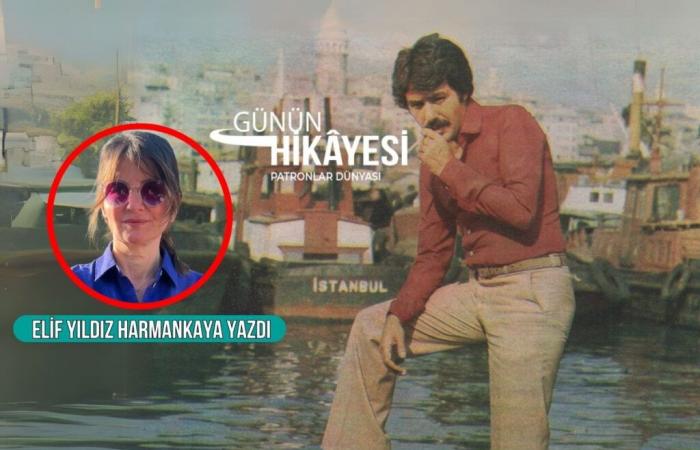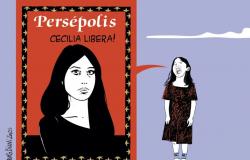Elif Yıldız HARMANKAYA
It was the early 80’s… I can still remember my sister Makbule leaving the tea glass she was holding on the doorstep as we left our house in the dark of the morning. He worked at Paşabahçe’s Rastaş cap factory. He would change two vehicles to reach the Sanayi District from Etiler and stubbornly continue those tired journeys. Still, those years were a time when both labor and poverty were carried with dignity.
I would sometimes go with him when he was working on weekends. That noisy environment, table d’hôte dinners, workers printing cards… All of these are engraved in my childhood memory. One Saturday, I saw workers dancing halay in front of the factory. “We are workers, we are strong, against imperialism!” I learned the slogan that day and have not forgotten it.
My oldest sister, Mevlüde, I did not live in the same house with as she got married when she was very young, but she was a woman as clean as milk. I was just a kid when the police took him away during a strike. I realized that something was unfair that day when they took him home from Sağmacılar Prison. The courage with which workers sought their rights taught me their strength and solidarity when I was a child.
Those years were the golden age of arabesque music. Urban poverty, workers’ neighborhoods, suburbs… All these were echoed in the lyrics of arabesque songs. When I listened to Ferdi Tayfur’s tapes in the minibus my sister took to go to work, I got closer to this world with his voice. A burnt voice, a deep pain… During one of those minibus rides, the lyrics of the song “I Miss You Too” touched my heart. Later, I went with my sister to watch a movie by Ferdi Tayfur at Yumurcak Cinema in Beşiktaş. He would play to a sold-out house for days and weeks. Everyone in the hall was crying. Those stories I saw on the big screen were like the voices of the workers, the oppressed, the poor.
Arabesque was not just a musical genre, it was a social cry. This music, echoing in slums, workers’ neighborhoods and factories, carried class difference, despair and dreams. Ferdi Tayfur’s songs were life itself. His narrative of life, disappointments, love and poverty deeply affected a generation.
We remember the old days with longing and pure feelings.
Today, the news of his death hit me like ice, on a June-looking January day. I never knew I would be this impressed. The voice of a generation, a class, an era has been silenced.
What remained after Ferdi Tayfur’s death were our memories and common pain that echoed in his songs. Arabesque is not just a memory of the past, it is a sigh that accompanies us even today.
May God have mercy on him…
patronlardunyasi.com






